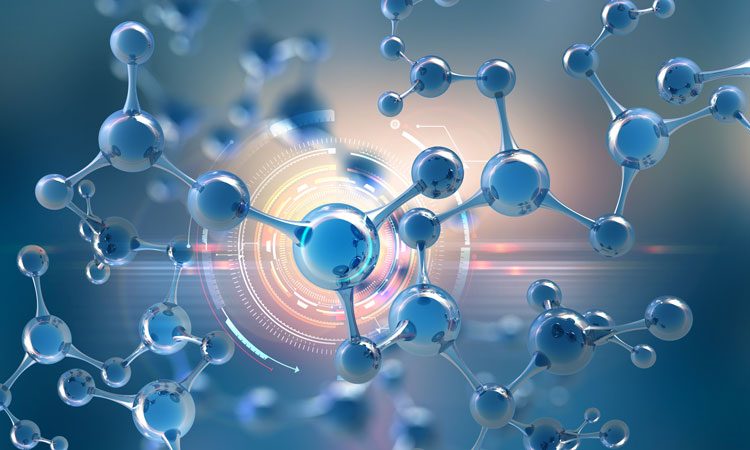Automation of complex synthetic biological molecules enabled by robotics
Posted: 19 September 2019 | Rachael Harper (Drug Target Review) | No comments yet
A new platform combines AI, flow chemistry and robotics to minimise the need for human intervention in the synthesis process.


MIT, US researchers have published details of an artificial intelligence (AI) guided robotic platform for flow synthesis of small molecule organic compounds.
The identification and development of synthetic routes creates a bottleneck due to the need for time-consuming manual tasks and lengthy design-synthesise-test iterations and experimental synthesis platforms still require manual configuration by expert chemists.
The new publication describes the development and use of a platform that combines AI-driven synthesis planning, flow chemistry and a robotically controlled experimental platform to minimise the need for human intervention in the synthesis process from ideation through to manufacturing.
Synthetic routes are proposed through the generalisation of millions of published chemical reactions and validated in silico to maximise the likelihood of success. Additional implementation details are determined by experts and recorded in recipe files, which are executed by a modular continuous-flow platform that is automatically reconfigured by a robotic arm to set up the required unit operations and carry out the reaction.
By reducing the synthetic diversity of conventional approaches to peptide synthesis, we have been able to address longstanding challenges in synthesis and purification”
“One of the major challenges in automating small molecule synthesis is the diversity of organic reactions and the difficulty in finding compatible reaction conditions to support multistep synthesis,” said Justin Lummiss, PhD, who conducted research as a Postdoctoral Fellow at MIT. “Additionally, creating a system capable of supporting the range of reaction conditions in terms of temperatures, pressures and chemical compatibilities poses a serious engineering challenge.”
Lummiss and Dale Thomas, PhD are leveraging an AI-guided approach to address similar challenges with custom peptide synthesis and purification at Mytide Therapeutics which is using AI to enable end-to-end peptide manufacturing in an autonomous fashion, including optimised reaction planning, real-time process optimisation for in-sequence process modifications and robotics.
The fully automated platform being developed “simplifies the challenges of peptide synthesis through mastery of a single reaction – amide bond formation,” added Dr Thomas. “By reducing the synthetic diversity of conventional approaches to peptide synthesis, we have been able to address longstanding challenges in synthesis and purification, as well as reducing barriers of purity bottlenecks that presently limit current large-scale peptide manufacturing for drug products.”
The paper was published in Science.
Related topics
Artificial Intelligence, Big Data, Informatics, Lab Automation, Robotics, Technology
Related organisations
MIT, Mytide Therapeutics
Related people
Dale Thomas PhD, Justin Lummiss



